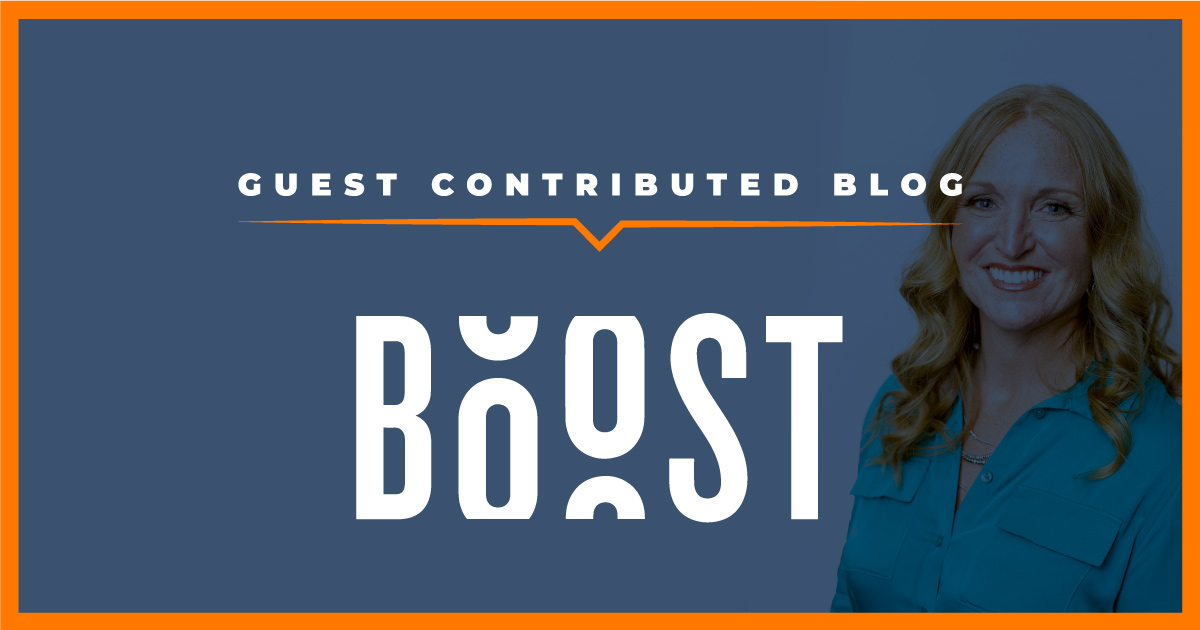
What separates high-performing teams from the rest? At Kolbe Corp, we’ve boiled it down to three key factors: clarity, commitment, and collaboration.
Clarity
Successful teams start with clear individuals. Team members who understand their strengths in three parts of the mind. The first two are pretty well known and understood:
- Cognitive: This is what you know – your skills, experience, and intelligence.
- Affective: This is how you feel – your personality, what motivates you, and what you like or dislike.
Yet these first two areas alone don’t predict who will excel at work. Enter the third crucial area:
- Conative: This focuses on how you naturally execute – also known as your instinctive strengths. The Kolbe A™ Index measures it.
Grasping this third part of the mind helps people make choices that work for them. It can solve the puzzle of why a smart person might struggle or why a motivated team may underperform.
Commitment
The second cornerstone is commitment. This goes beyond being dedicated; it’s about making wise daily choices and focusing on what deserves your best effort. Here’s the thing – mental energy is finite. So even taking action in ways that are natural to you can deplete this precious resource.
Fast-growing entrepreneurial companies running on EOS® have so many choices to make every day that gaining a high level of discernment about what deserves your best effort is one of the most productive things you can do. The challenge, though, is to decide the best use of each person’s conative strengths for any situation. If a team has people working against what’s most natural for them all day, it will waste time, and you won’t see great results.
Perhaps more important than choosing what to work on is deciding what to say “no” to. By knowing your conative strengths and using tools like Delegate and Elevate™ from EOS, your team can focus its energy on the most important goals and Rocks.
Collaboration
Finally, we have collaboration – the art of working well together. Key questions for teams to ask include:
- Who pairs well with whom?
- When should someone work solo?
- Who could provide the assistance you need for a specific task?
Often, a diverse set of skills is beneficial for solving complex issues. Other times, people with similar strengths can power through tasks more effectively. For certain tasks, you should probably work alone. Identifying each person’s natural approach and the strengths needed for a particular project helps optimize team performance.
If you’re looking to build a high-achieving team, start by understanding everyone’s cognitive, affective, and conative strengths; commit to tasks wisely; and master the art of collaboration. Stick to these “Three Cs,” and you’ll turn your group into a healthy, effective unit in no time.





